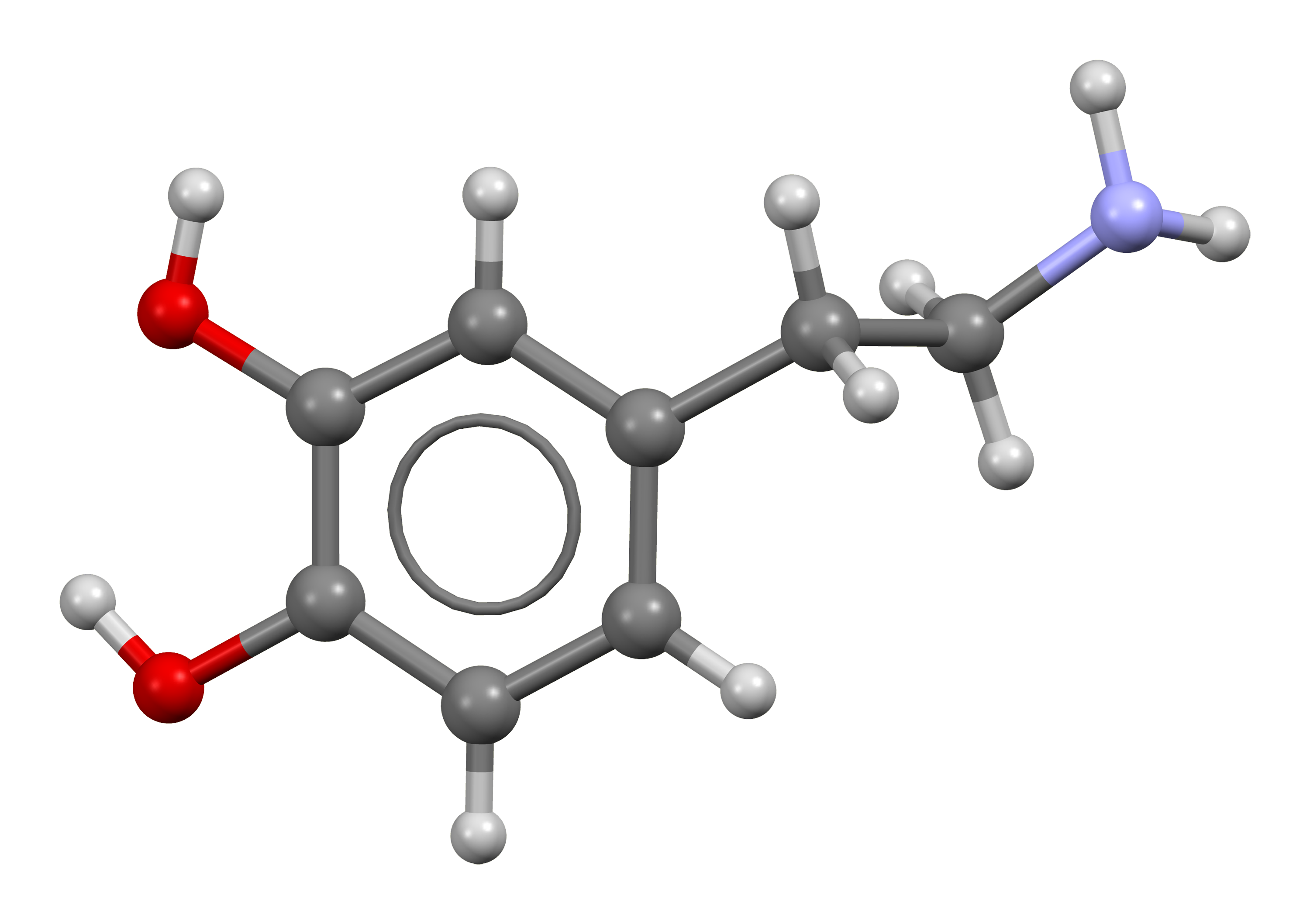Introduction to Dopamine
- Introduction to Neurotransmitters
- The Role of Dopamine
- The Role of Serotonin
- Interplay of Dopamine and Serotonin
- Competing Actions
- Collaborative Actions
- Conflicting Actions on Same Behaviors
- Complexity in Neuronal Combinations
- The Impacts of Therapeutic Drugs on Dopamine and Serotonin
- Dopamine, Serotonin and Mental Health
- Dopamine, Serotonin and Cognitive Functioning
- Settings, Synaptic Plasticity and Sensitization
- Prospects and Challenges in Dopamine & Serotonin Research
Dopamine, Serotonin and Mental Health
Dopamine, Serotonin, Memory and Learning

Organic chemical that functions both as a hormone and a neurotransmitter.
Neurotransmitters play a crucial role in the functioning of the human brain, particularly in the areas of memory and learning. Two of the most significant neurotransmitters in this regard are dopamine and serotonin.
Role of Dopamine and Serotonin in Memory Formation
Dopamine and serotonin are involved in various stages of memory formation, including acquisition, consolidation, and retrieval. Dopamine is primarily associated with the reward system of the brain and plays a significant role in the consolidation of memory. It helps in the encoding and consolidation of long-term memories, particularly those associated with rewarding experiences.
Serotonin, on the other hand, is involved in the modulation of mood and emotion. It plays a crucial role in the formation of emotional memories. High levels of serotonin can enhance the consolidation of both positive and negative emotional memories.
Impact on Different Types of Memory
Dopamine and serotonin impact different types of memory in various ways:
-
Episodic Memory: This type of memory involves the recollection of specific events, situations, and experiences. Dopamine plays a crucial role in the formation and retrieval of episodic memories, particularly those associated with rewarding experiences.
-
Semantic Memory: This involves general world knowledge that we have accumulated throughout our lives. Both dopamine and serotonin play a role in the consolidation of semantic memories.
-
Procedural Memory: This type of memory is responsible for knowing how to do things, also known as motor skills. Dopamine, in particular, plays a significant role in the formation and consolidation of procedural memories.
-
Working Memory: This involves temporarily holding and manipulating information. Dopamine is crucial for the functioning of the working memory.
Role of Dopamine in Reward-Based Learning
Dopamine plays a significant role in reward-based learning. It is released in response to rewarding stimuli and acts as a signal for the brain to pay attention to the rewarding aspects of the experience. This helps in the formation of memories associated with the reward, thereby facilitating learning.
Role of Serotonin in Emotional Memory
Serotonin plays a crucial role in the formation of emotional memories. It is involved in the consolidation of both positive and negative emotional memories. High levels of serotonin can enhance the consolidation of emotional memories, thereby influencing our perception of past events.
In conclusion, dopamine and serotonin play significant roles in memory and learning. Understanding their functions can provide valuable insights into the mechanisms of memory formation and retrieval, and can also help in the development of therapeutic interventions for memory-related disorders.